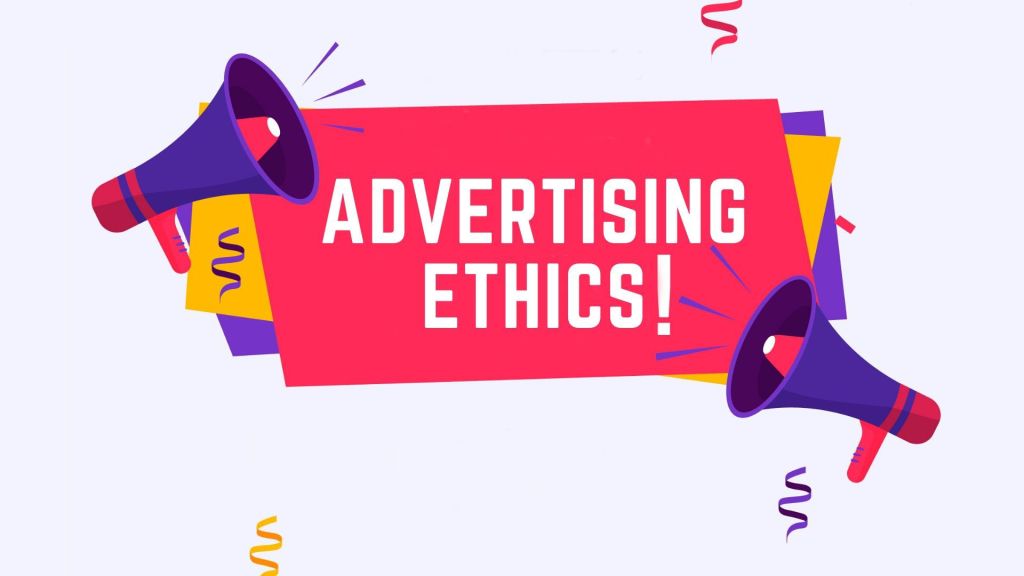
digichoice.in image
By Casey Bukro
Ethics AdviceLine for Journalists
Advertisers sometimes make demands and threats.
It’s common for advertisers to push ideas for stories about their products on the editorial staff, said the editor of an interior design magazine.
But one advertiser was so extreme, she called AdviceLine for advice.
“They have an advertiser bully who is demanding that they write stories promoting the bully’s products,” the AdviceLine adviser wrote in the case report. If the magazine refused, the advertiser threatened to cancel his ad account, worth $30,000, one of the magazine’s largest accounts.
A long-time client
The advertiser told the ad sales team that he has been a long-time client and “deserves something in return,” suggesting that competing publications offer such incentives.
The magazine’s ad team agrees that the advertiser’s requests are wrong, but they are desperate to keep his account. Meanwhile, the magazine’s publisher suggests publishing a story that looks like “sponsored content,” but the demanding advertiser will not be asked to pay for it.
Typically, the magazine writes sponsored content, then asks advertisers to sponsor the story and identifies the sponsor. But that would not happen with the demanding advertiser, “since the publisher’s idea is to placate the client/bully.”
Quickly agree
In her report on this case, the AdviceLine adviser said: “We quickly agreed that both the bully’s request and the publishers resolution were unethical.”
The editor was not in doubt about that, but wondered if AdviceLine could suggest practical advice about how to navigate the situation. The adviser said:
“I suggested reminding the publisher and the client/bully about the sensible reasons behind their editorial policy and the dangers to everyone if they violate them (readers lose faith, other advertisers demand similar payback deals, etc.)
Good reasons
“A conversation about the good reasons behind the policy enables her to stand her ground without directly accusing the publisher or the advertising client of wrongdoing, which can sometimes reduce tensions and promote clearer thinking. She thought she would try that.”
The editor’s in-house conversations so far had mostly focused on her reasons for not wanting to do what the client was asking, so it felt like a “me against them” conversation instead of a “what’s the right thing to do” conversation. The adviser added:
“I also raised the possibility that the client/bully could be bluffing, so standing their ground might not result in a lost account. When she asked, I also told her she could mention the fact that she spoke with me and I shared her concerns.”
Publisher’s response
The adviser and the editor also talked about the possibility that her publisher would not take no for an answer. The adviser said:
“It sounds like she would resign if she had to, so then we talked about the ethics surrounding that. I acknowledged the temptation to broadcast her reasons if she resigned, but recommended that she just cite a difference of editorial policy and focus on what her own policies are regarding journalistic integrity, rather than sharing the details of the case. She agreed that there isn’t a compelling need for whistle blowing here.
“I don’t think I really helped her see anything she didn’t know already, but she said it helped her to talk through it since, while it’s a relatively ‘easy’ issue ethically, it’s potentially a tough one for her magazine financially.”
********************************************************************************
The Ethics AdviceLine for Journalists was founded in 2001 by the Chicago Headline Club (Chicago professional chapter of the Society of Professional Journalists) and Loyola University Chicago Center for Ethics and Social Justice. It partnered with the Medill School of Journalism at Northwestern University in 2013. It is a free service.
Professional journalists are invited to contact the Ethics AdviceLine for Journalists for guidance on ethics. Call 866-DILEMMA or ethicsadvicelineforjournalists.org.
